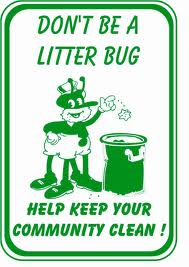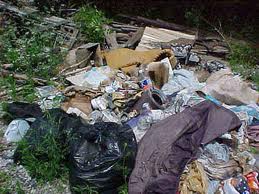Financial Newsletters
 Friday, August 19, 2011 at 6:00AM
Friday, August 19, 2011 at 6:00AM  I get a number of "hard money" newsletters. Most of them are free. They, of course, want me to also subscribe to their paid newsletters. Usually I do not.
I get a number of "hard money" newsletters. Most of them are free. They, of course, want me to also subscribe to their paid newsletters. Usually I do not.
One paid newsletter I do get is The Sovereign Individual. I will not be renewing. (I subscribed because I wanted a "free book" that came with the subscription.) The reason I will not renew is that if they really could predict which stocks to buy they would not need my subscription money. They would already be wealthy and retired on the French Riviera, or wherever hard money newsletter writers go when they retire. Here is their profound advice for which I paid the "greatly discounted" price of $50:
Imagine owning McDonald's as it joined the New York Stock Exchange in 1965 and was on the frontier of fast food convenience. A $2,250 investment in 100 shares at that time would today be 74,360 shares worth nearly $5.9 million.
Wow. This is true of course, but is it relevant to their investment advice? Or maybe if you had bought 100 shares of Apple in the late 90's when it was $5, today that $500 investment would today be $40,000! They continue:
These kinds of opportunity await investors in the frontier. Any one of the names inside Mark's frontier portfolio could be the next McDonald's,
 Of course you could have invested in Control Data, MCI, Global Crossing or maybe Enron. These kind of companies are probably also in Mark's portfolio. Can an individual investor pick individual stocks and beat the market? I doubt it.
Of course you could have invested in Control Data, MCI, Global Crossing or maybe Enron. These kind of companies are probably also in Mark's portfolio. Can an individual investor pick individual stocks and beat the market? I doubt it.
What is the best investment advice? I discussed this in an early blog post, Golden Dreams.
Get out of debt. Have a 6 month cash reserve. Until you have done this you should not invest. This might mean you need to rent your home instead of buying it. The Real Estate crash is not over quite yet.
 Economics
Economics 






